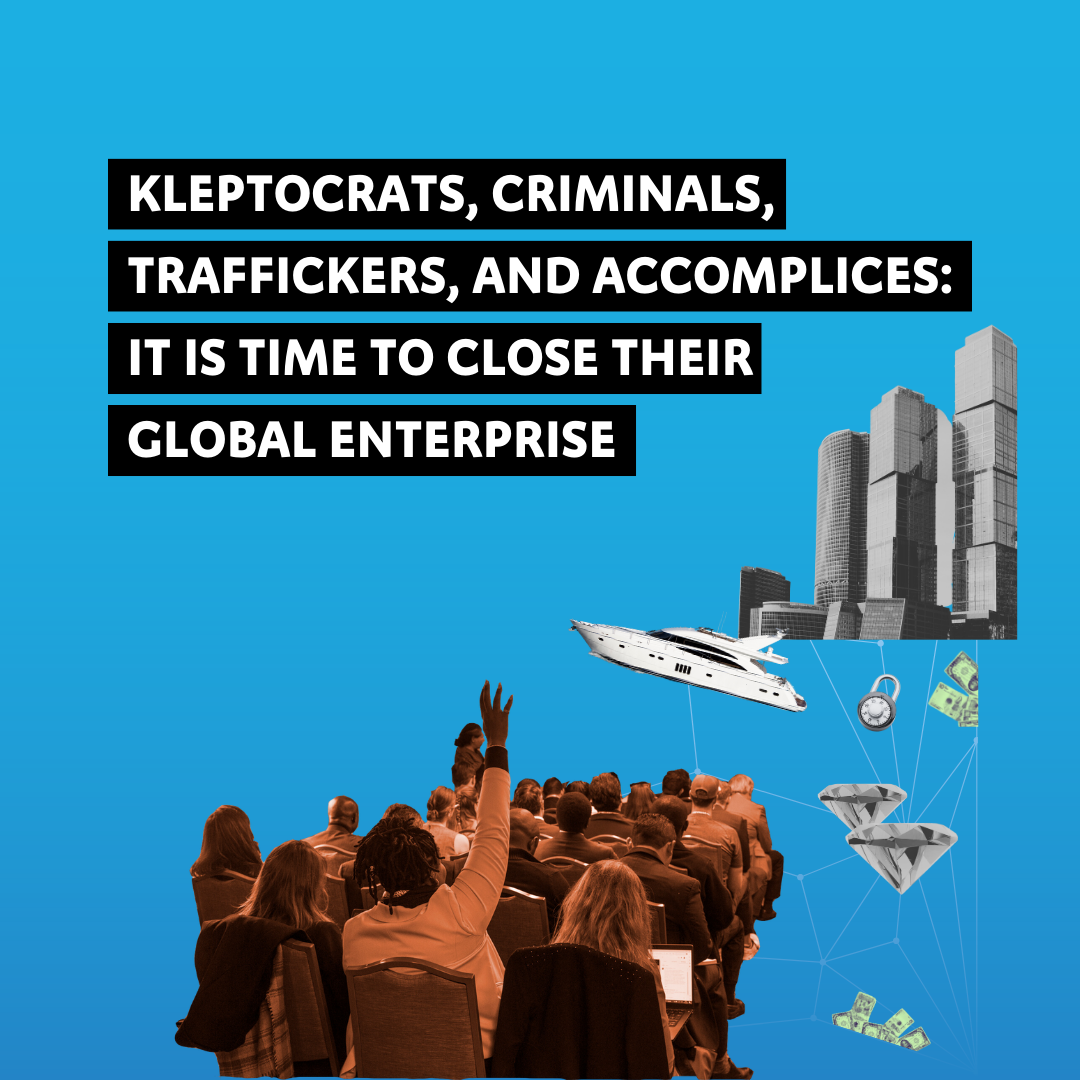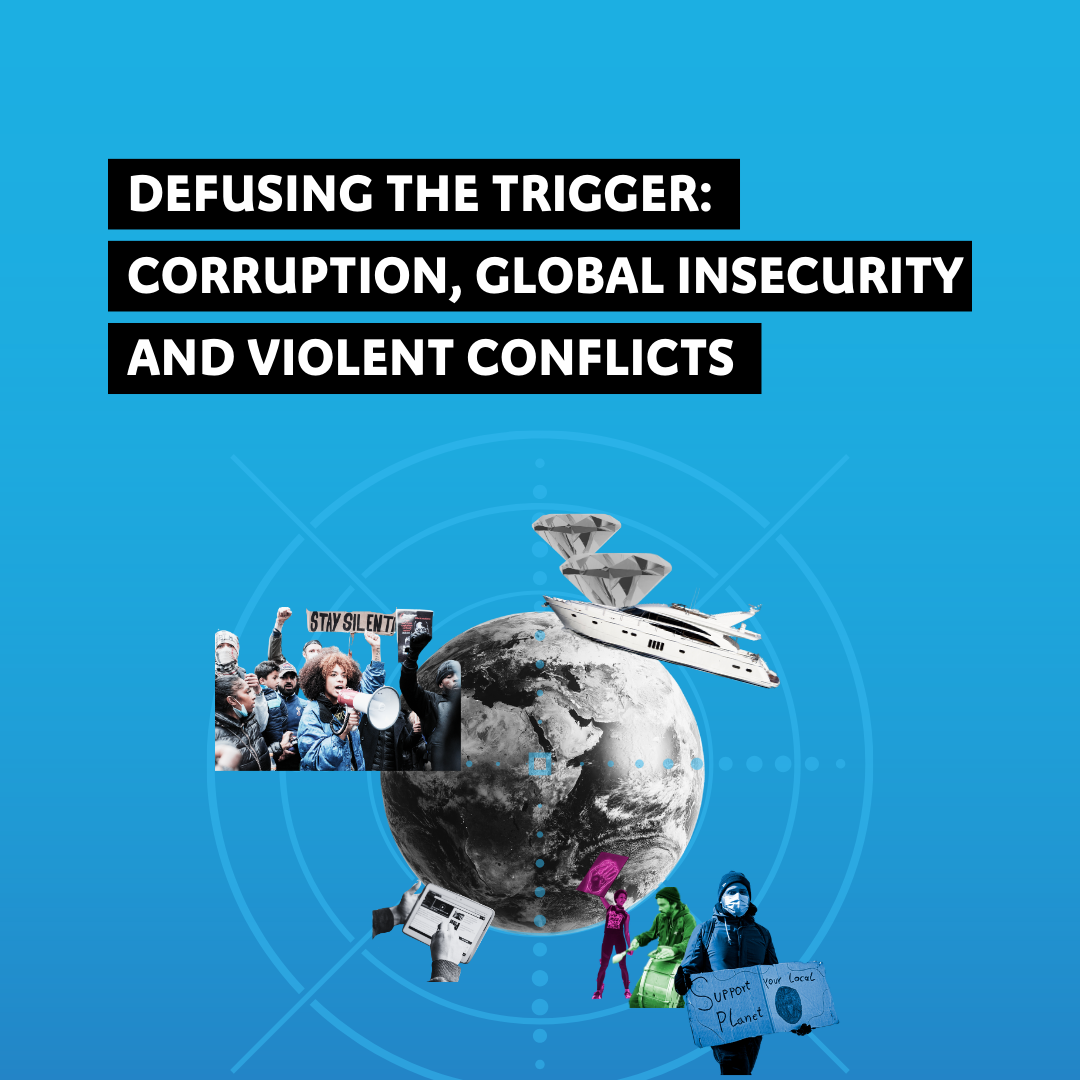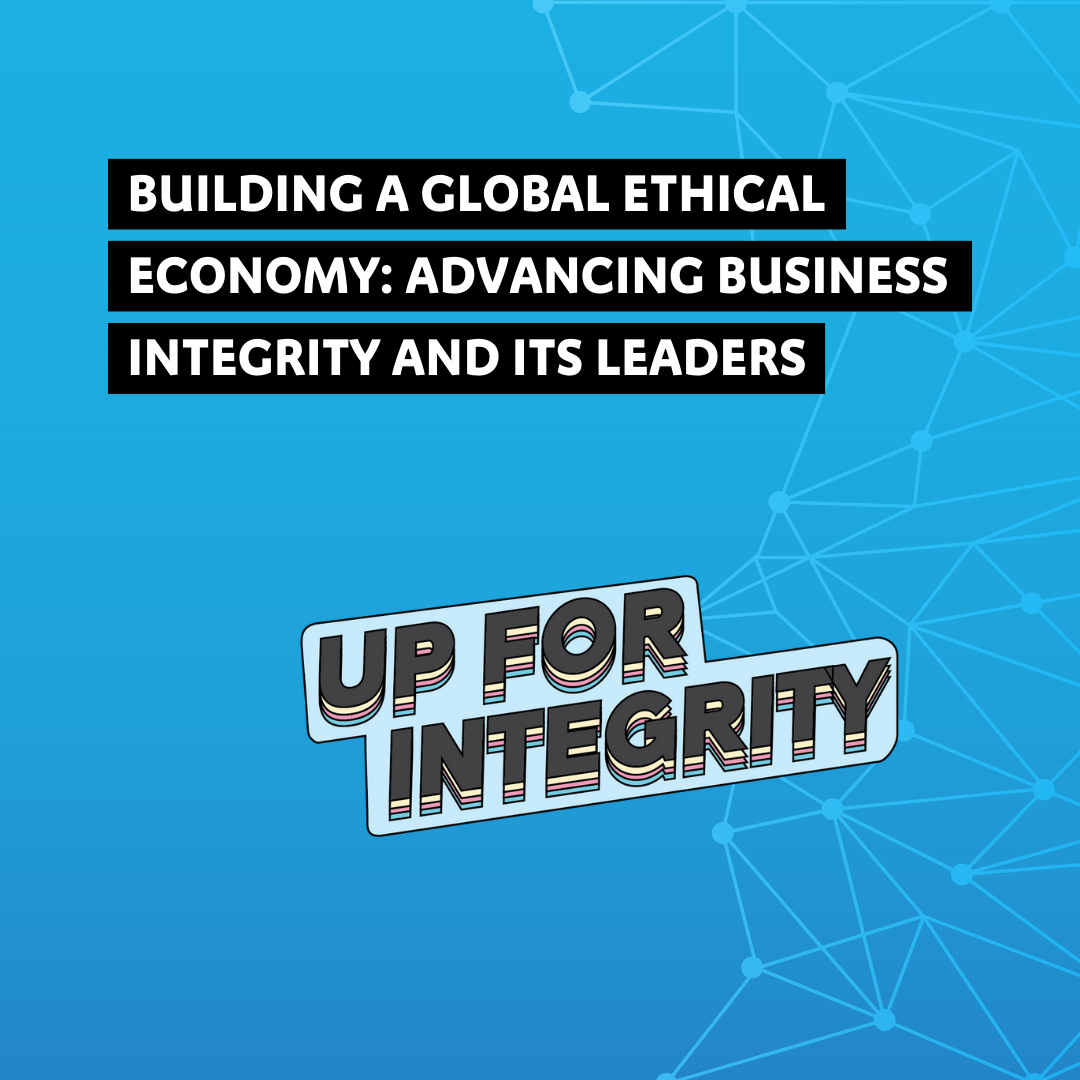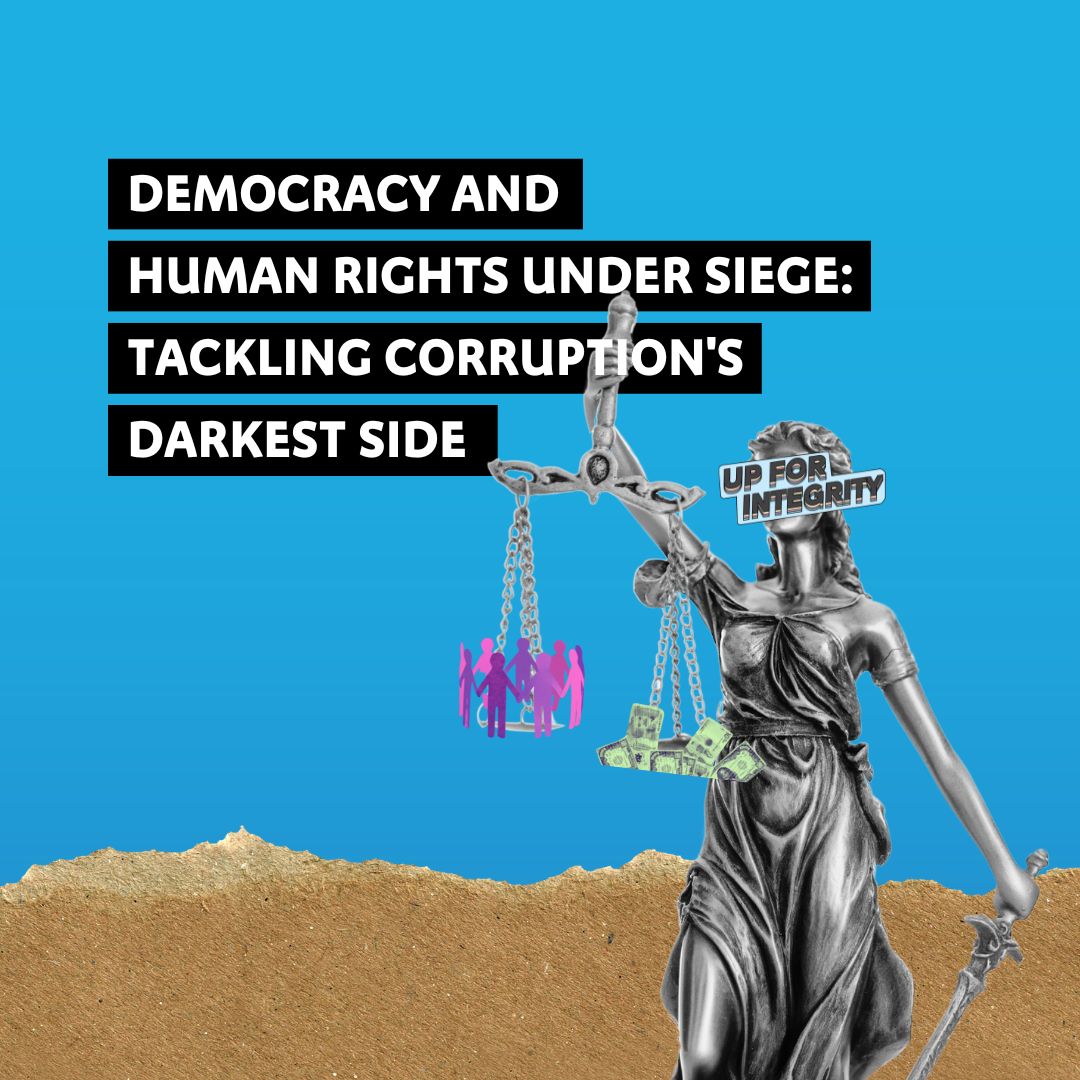View #IACC 2024 Thematic tracks
Defending The Defenders: Our Call, Our Last Frontier
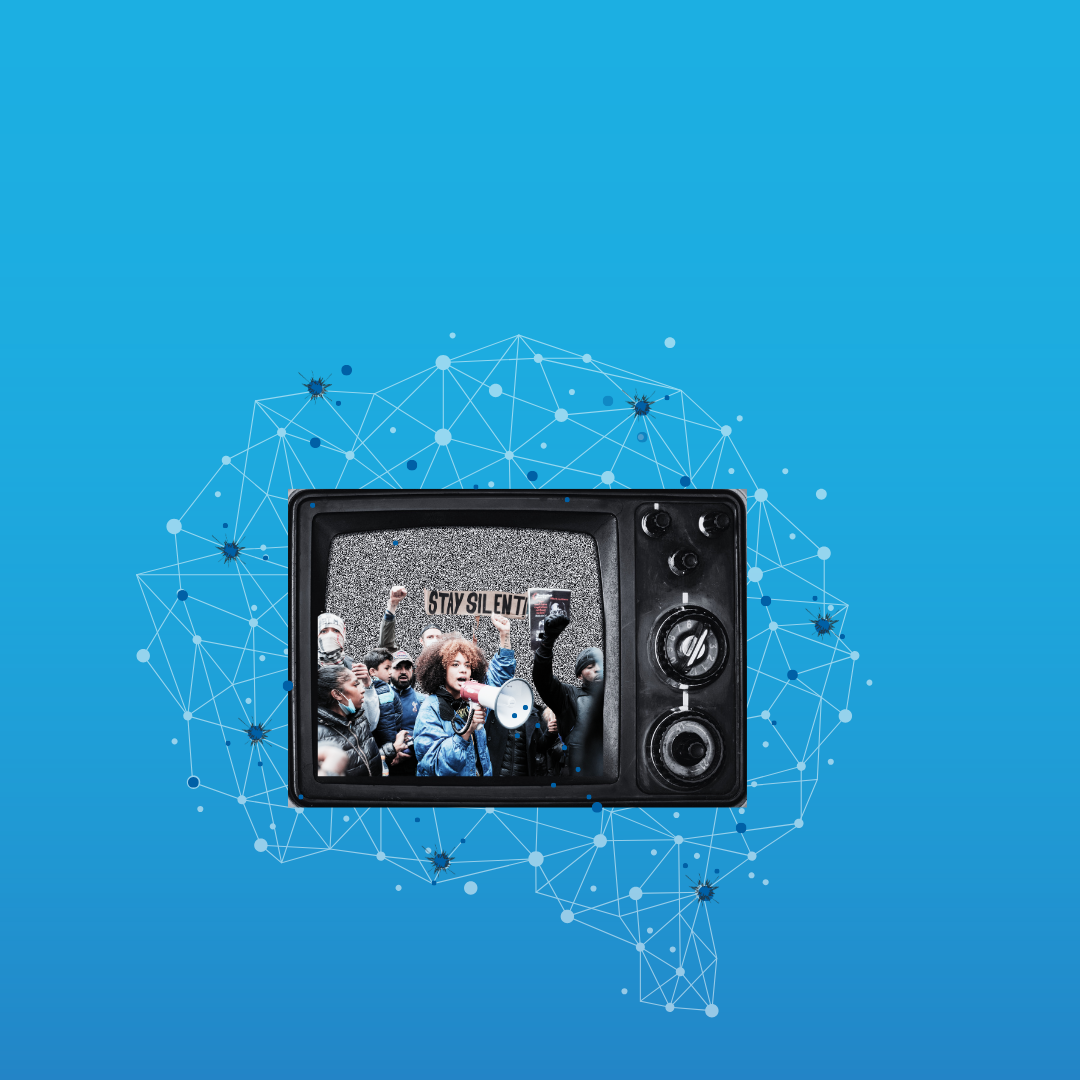
In a world where corruption tears apart the fabric of society, countless individuals and groups from all sectors and backgrounds step forward to defend integrity and confront the forces of corruption, which cause greater damage to women and vulnerable groups. The corrupt, on their side, are becoming alarmingly used to cross any red line to ensure their impunity. In 2022 alone, an environmental activist was killed every second day, and the number of journalists and media workers killed represented a staggering rise of 50% from 2021.
Through this agenda track we seek to raise our collective voice to honour the countless champions of integrity and highlight their determination in the face of danger. With a strong gender and vulnerable groups focus, we also seek to strengthen our networks and strategies to further support and protect all the leaders of integrity that fight to defend our social moral compass.
Workshops
-
Tackling SLAPPs: A Critical Frontier in The Global Fight against Corruption
Strategic lawsuits against public participation (SLAPPs) have proliferated globally, often deployed by those trying to shut down investigations into corruption. These abusive legal actions can stop stories in their tracks, punish journalists/activists and delay or prevent wrongdoing from coming to light. This workshop will highlight SLAPP cases, as well as profile the work of UK Anti-SLAPP Coalition and the Coalition against SLAPPs in Europe (CASE), which has already resulted in legislative, regulatory and cultural change to address this issue in the UK and Europe. Join us for a roundtable discussion on this topic, including on the practical steps needed to create a global response to SLAPPs that will support the fight against corruption.
Foreign Policy Centre and the UK Anti-SLAPP Coalition
The Daphne Foundation, Foreign Policy Centre and the UK Anti-SLAPP Coalition, Organized Crime and Corruption Reporting Project (OCCRP), CASE Steering Committee and Public Eye
-
Biden or Trump? How Will the 2024 U.S. Election Impact The Global Fight against Corruption
The outcome of the 2024 election in the U.S. will have a profound impact on global anti-corruption efforts. What could we expect from a second Biden term? Alternatively, given President Trump’s views on multi-lateral institutions and cooperation and his past support for illiberal regimes, how should the global anti-corruption community respond should he be elected?
American University
Brookings Institution, Nelson Mandela School of Public Governance - University of Cape Town, Harvard Law School and School of Foreign Service - Georgetown University
-
Shielding Defenders: Reducing Violence by Linking Anti-Corruption and Environmental Networks
This session will explore emerging opportunities to reduce violence against environmental defenders and whistleblowers by strengthening collaboration between anti-corruption and environmental networks. Participants will discuss how existing networks, including Global Majority-led initiatives, support defenders and how multi-stakeholder strategies could further help to reduce impunity.
ALLIED
ALLIED, Tsikini, Climate Whistleblowers, World Resources Institute and Former representative of Escazu Agreement
-
Common Vision for International Standards on Anti-Corruption and Police Oversight
There are scarcely any internationally binding standards and guidelines containing a set of standards for anti-corruption authorities. Each country is developing its own system. When democracy and the rule of law are constantly challenged, a common set of standards on anti-corruption is long overdue. EPAC/EACN is actively encouraging to step up!
European Partners against Corruption and European contact-point Network against Corruption (EPAC/EACN) and Special Investigation Service of the Republic of Lithuania (STT)
DG HOME – European Commission, OECD - Directorate for Financial and Enterprise Affairs, Special Investigation Service (STT) - Lithuania, Italian National Anti-Corruption Authority (ANAC) - Italy, French Anti-Corruption Agency (AFA) - France
-
From Silence to Safety: Strengthening Legal Protection Frameworks to empower Whistleblowers
Most agree that whistleblowers are key to shed light on powerholders secret wrongdoing, but empowering and protecting whistleblowers is quite challenging. The interactive session will unfold the transformative potential of effective whistleblower frameworks, delve into the challenges faced by whistleblowers and discuss best practice and practical strategies from various regions, including legislative and advocacy actions, for enhancing whistleblower protection and support.
PROJECT ROMANIA 2030 NGO, Government Accountability Project, Cyrus R. Vance Center for International Justice and National Whistleblower Center
-
The Lived Experience of Whistleblowers and Partnerships to advance Whistleblowers’ Rights and Protection
Whistleblowers are a driving force behind the fight against corruption but often face repercussions and outright threats, while their reports are ignored or buried. Featuring first-hand accounts of how systems have failed whistleblowers, the workshop will present successful collaborative initiatives – from partnerships and networks to advocacy, digital tools to advice and litigation – that support whistleblowers’ protection and access to safe reporting channels where reports received are taken seriously and have impact.
GlobaLeaks, Transparency International Italia, Whistleblowing International Network (WIN), TRACE International and Parrhesia Inc
-
Whose Interests do we serve? Foreign Agent Laws and their Impact on Anti-Corruption Efforts
Foreign Agents (FA) laws are proliferating across the globe, including in the EU. We will explore their impact on civil society and the fight against corruption, bringing global, regional and national perspectives together. The panel will focus on successful strategies and lessons learned in pushing back and identify solutions to reconcile transparency and its potential abuse against civil society.
Transparency International Secretariat (TI-S)
Transparency International Secretariat (TI-S), CIVICUS, International Center for Not-for-profit Law (ICNL), Transparency International Georgia (TI – Georgia), Zimbabwe Coalition on Debt and Development (ZIMCODD)
-
Watching The Watchtower: Harnessing The Power of Collective Action
To present the two networks established in the Pacific Islands in 2018 and in Southeast Asia in 2024. The network members are investigative journalists collaborating on investigation and reporting, including uncovering regional links and patterns.
Philippines Center for Investigative Journalism
Philippines Center for Investigative Journalism, Crime Prevention and Criminal Justice Officer and Pacific Islands News Association
-
NGOs in Exile: How Not to Become a Grant-Eater?
According to Freedom House, global freedom has been decreasing for the last 17 years. More and more CSOs must leave their countries, but today, thanks to technology, they have more opportunities to continue activities abroad. But how can these activities be impactful? How can an NGO provide a change for its compatriots and not become a grant-eater? The discussion is to discover.
Transparency International Russia (TI - Russia)
Transparency International Russia (TI - Russia), The Institute for Reporters’ Freedom and Safety and Defend Myanmar Democracy
-
Shining a Light: Global Accountability and Anticorruption Movements Struggle to Protect Defenders
Join us for an insightful and multiregional workshop delving into the critical roles of civil society in combatting corruption and defending the defenders of democracy and human rights and anti-corruption activists. In an era where fundamental democratic values are increasingly under siege, civil society must uphold accountability and standards in its efforts.
ICD Uruguay, Rendir Cuentas and OGP 2022-2024
ICD Uruguay, Rendir Cuentas, National NGO Coalition of Lituania, Fundacion Ciudadania y Desarrollo (FCD) Transparency International Ecuador (TI – Ecuador), ProtectDefenders and Pacific Islands Association of NGO (PIANGO)
-
Safe Reporting and Sex-for-Grades: How do We Prevent Re-Victimizing The Victims?
The workshop will present the experiences of victims of sex-for-grades in the education sector, the defenders who amplify their voices, the technology-enabled tools used to enable safe reporting and the body of research on the scourge. It will discuss strategies to expand research, innovate the reporting tools and improve the integration of the issue into international development policy.
Transparency International Secretariat (TI-S)
International Federation of Women Lawyers (FIDA), United Nations Office on Drugs and Crime (UNODC), This is My Backyard (TIMBY) and Deutsche Gesellschaft für Internationale Zusammenarbeit (GIZ)
-
Civil Society and Government Acting in Partnership for Transparency and Anti-Corruption
If corruption thrives in the shadows, sunlight can be the best weapon against it. In this workshop, representatives from the U.S.A, Kenya, and Spain governments, together with the Accountability Lab and the Open Government Partnership (OGP), will consider the role that OGP and its civil society-oriented processes can play in helping governments become more open, transparent, and accountable.
U.S. Department. Of State, Bureau of Democracy, Human Rights, & Labor
Open Government Partnership (OGP), Government of Spain, Government of Kenya and Accountability Lab
-
The Fifth Column? The Role of Music and Art in Keeping Power Accountable
We live in a world of fake news, social media bias, AI revolution and rampant disinformation. With so much happening all the time, how do we engage the general public in the fight against corruption and overcome information paralysis?
Musicians have always played a role in society as truthtellers and unifiers, their messages even creating movements that rally peoples and nations around calls for justice and accountability. What is the role of the musician/artist in such a world? How do they cut through the noise? Could we envisage stronger connections between artists and civil society and if yes, then how?
For the past 14 years Fair Play, a partnership between JM International and Transparency International, has worked to empower young musicians engaged in the fight against corruption through a biannual competition and a series of local events that raise awareness amongst youth and children. During this session, you will hear from musicians at the frontlines of the fight against corruption, as well as discover several best practices for mobilising young people through music. The panel will discuss the current attacks on artistic freedom across the world and what can be done as a global anti-corruption community to support artists so that they may continue to speak out against injustice and truth to power.
Jeunesses Musicales International (JMI)
-
Corruption Measurement: How to Hit a Moving Target?
Background:
Data is fuelling the Fourth Industrial Revolution by generating new insights to direct resources, finance, and expertise to where they are needed most. Producing reliable and publicly available data and information is about making a real effort to increase transparency and accountability to reinvigorate the trust between people and governments which is hampered by corruption. That includes new ways to measure corruption — a vital baseline to contribute to accelerating global anti-corruption efforts.
In recent years the discourse on corruption measurement moved from the question ‘whether corruption can be measured’ to ‘whether countries will consistently measure corruption’. Measuring corruption is a critical building block that supports countries to assess effectiveness of anti-corruption reforms. Without methodologies and tools in place it is difficult to collect data and evidence that will inform policy decisions to adapt or re-think anti-corruption measures.
Objective and key discussion areas:
This workshop will look into new solutions to measure corruption. Building on the current work, the workshop will present new approaches that will support countries in assessing their progress in combatting corruption. Novel approaches and solution tools to measure corruption at the global and national levels will be presented by lead experts in the area. The workshop will also discuss major challenges and opportunities in measuring corruption anti-corruption, including financial integrity, public procurement, public integrity, effectiveness of global norms and standards, and experiences with bribery.
United Nations Development Programme (UNDP)
Ministry of Foreign Affairs Norway, Organisation for Economic Co-operation and Development (OECD) Working Group on Bribery, Open Contracting Partnership, Special Investigation Service of the Republic of Lithuania (STT) and Federal Court of Accounts (TCU) Brazil
-
From Silence to Safety: Strengthening Legal Protection Frameworks to empower Whistleblowers
Most agree that whistleblowers are key to shed light on powerholders secret wrongdoing, but empowering and protecting whistleblowers is quite challenging. The interactive session will unfold the transformative potential of effective whistleblower frameworks, delve into the challenges faced by whistleblowers and discuss best practice and practical strategies from various regions, including legislative and advocacy actions, for enhancing whistleblower protection and support.
PROJECT ROMANIA 2030 NGO, Government Accountability Project, Cyrus R. Vance Center for International Justice and National Whistleblower Center
-
The Lived Experience of Whistleblowers and Partnerships to advance Whistleblowers’ Rights and Protection
Whistleblowers are a driving force behind the fight against corruption but often face repercussions and outright threats, while their reports are ignored or buried. Featuring first-hand accounts of how systems have failed whistleblowers, the workshop will present successful collaborative initiatives – from partnerships and networks to advocacy, digital tools to advice and litigation – that support whistleblowers’ protection and access to safe reporting channels where reports received are taken seriously and have impact.
GlobaLeaks, Transparency International Italia, Whistleblowing International Network (WIN), TRACE International and Parrhesia Inc
View #IACC 2024 Thematic tracks
- The Theme & Thematic tracks
- All Workshops #IACC2024
- Defending The Defenders: Our Call, Our Last Frontier
- Greed and Corruption: A Disease Accelerating the Global Environmental Catastrophe
- Kleptocrats, Criminals, Traffickers, and Accomplices: It Is Time to Close Their Global Enterprise
- Defusing The Trigger: Corruption, Global Insecurity and Violent Conflicts
- Building a Global Ethical Economy: Advancing Business Integrity and Its Leaders
- The Tech Revolution: Winning a Turbocharged Race
- Democracy and Human Rights Under Siege: Tackling Corruption’s Darkest Side
- Extras

